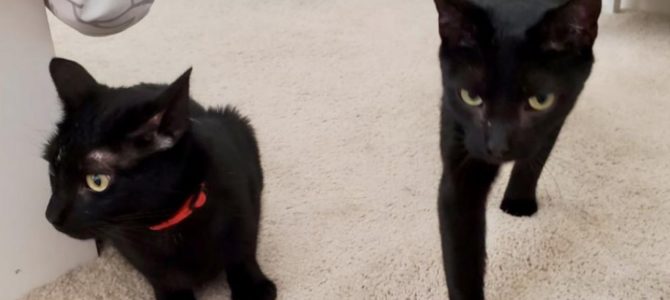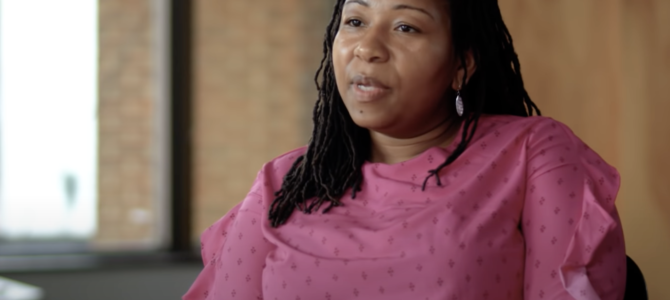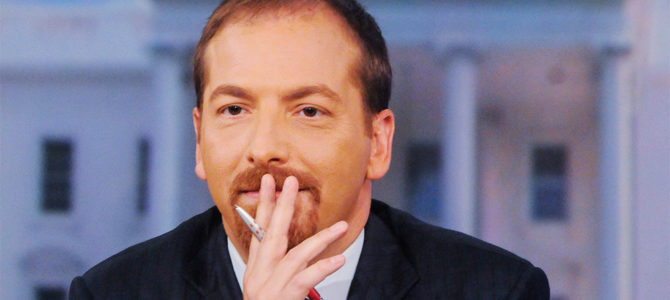Clemson University doesn’t think your Harambe jokes are funny.
A campus administrator sent an e-mail to resident assistants tell them students would no longer be allowed to publicly display memes using the gorilla’s image or referencing his legacy. According to Clemson Graduate Community Director Brooks Artis, memes invoking the memory of the slain gorilla were banned because they “add to rape culture” and are “a form of racism,” Campus Reform’s Caleb Ecarma reported on Monday.
Artis reportedly said all publicly displayed Harambe memes would be banned as of September 30.
According to Artis, the new policy was enacted in response to an incident that occurred on campus last week, but no details of the incident were divulged in the e-mail announcing the ban on Harambe memes.
“We are no longer allowing any reference to Harambe (or any other spelling) to be displayed on doors, halls, billboards, or windows,” Artis wrote in his e-mail. “If residents are asking why they have to take them down you can share that there was a report from an individual about a meme being offensive and bias [sic] in nature and as a result all Harambe references are no longer allowed within our community.”
In another e-mail, Artis made a thinly veiled threat that the school would use federal Title IX procedures to punish any students who did not comply with the anti-Harambe directive.
“My hopes are that you are being inclusive in your words, whichever you choose to say, so that you are not reported to OCES or Title IX for using bias [sic] language against someone,” she wrote.
At no point did Artis or any other Clemson administrator explain how Harambe memes contribute to “rape culture,” a term which was not defined in any of the written communications obtained by Campus Reform.
This isn’t the first time U.S. campus administrators have targeted the gorilla who has become an Internet icon after he was shot dead at a Cincinnati zoo several months ago. Three weeks ago, the University of Massachusetts banned Harambe jokes after two students complained the memes were “racist micro-aggressions.”









